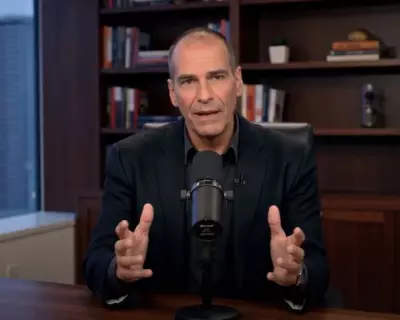
In a dramatic shift away from traditional sources of relationship advice, Generation Z are increasingly turning to celebrities and social media influencers for guidance on sex and intimacy, according to new research.
A comprehensive survey has revealed that young adults aged 18-26 are more likely to seek wisdom from Hollywood stars and online personalities than from parents, teachers, or even healthcare professionals when it comes to navigating the complexities of modern relationships.
The New Sex Educators
The study highlights how platforms like TikTok, Instagram, and YouTube have become the go-to classrooms for intimacy education. Rather than consulting parents or school resources, young people are scrolling through content created by celebrities who openly discuss their experiences with dating, sexuality, and relationships.
This represents a significant generational divide, with millennials showing more willingness to consult medical professionals and traditional educational resources compared to their younger counterparts.
Why Celebrities?
Experts suggest several reasons behind this trend:
- Relatability: Young people perceive celebrities as more authentic and relatable than authority figures
- Accessibility: Social media provides immediate, 24/7 access to advice and experiences
- Diverse Perspectives: Following multiple influencers exposes them to a wider range of viewpoints
- Reduced Stigma: Open discussions online help normalise conversations about intimacy
Potential Concerns
While this approach has democratised access to information, healthcare professionals express concerns about the quality and accuracy of advice being consumed. Unlike certified sex educators or medical experts, celebrities aren't necessarily qualified to provide scientifically sound guidance.
There are also worries about young people encountering misinformation or developing unrealistic expectations about relationships based on curated social media content.
As one researcher noted, "While it's positive that young people feel comfortable seeking information, we need to ensure they're equipped to distinguish between personal anecdote and evidence-based advice."





